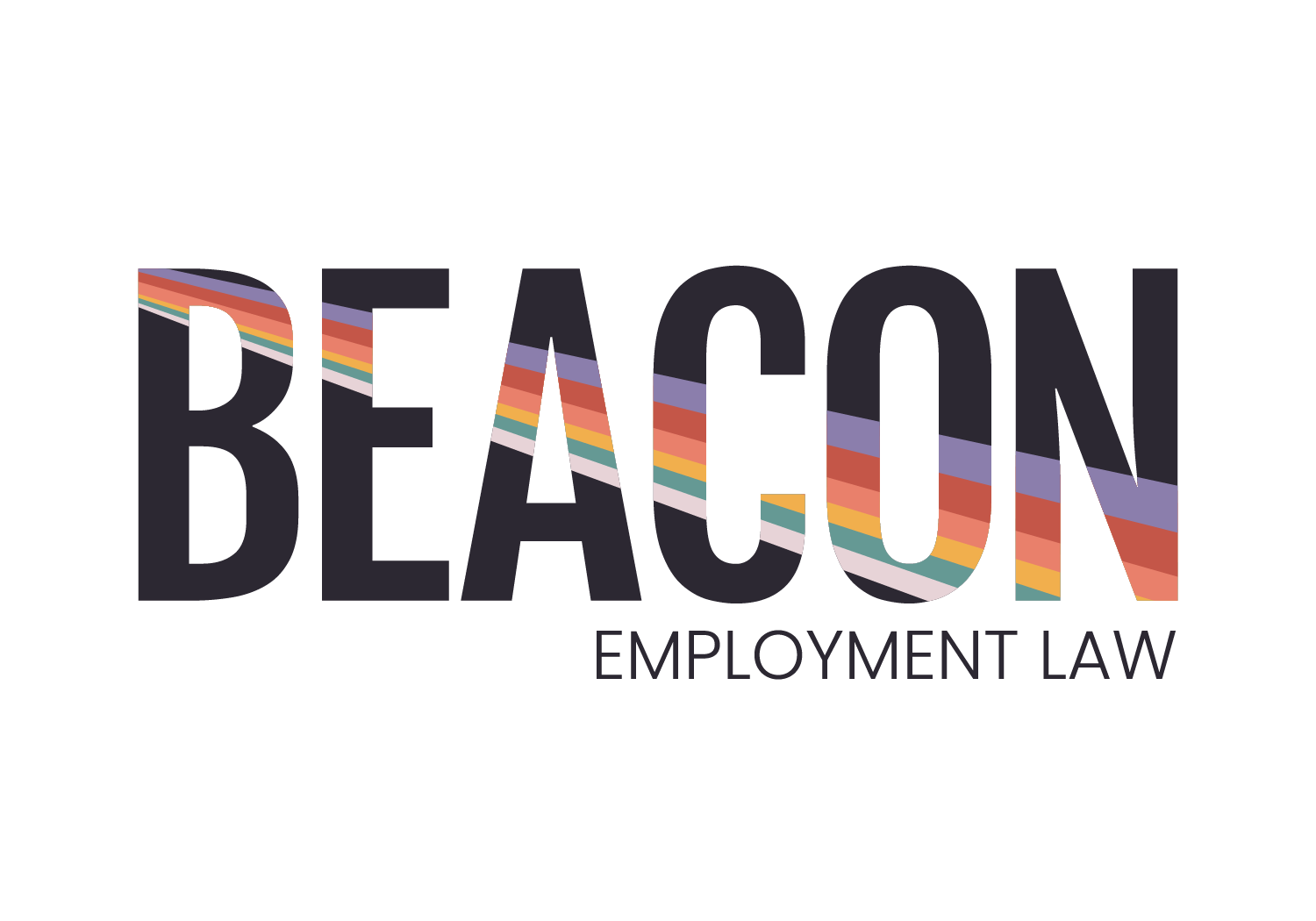ANTI-RETALIATION LAW
State and federal laws and regulations prohibit retaliation for certain types of “protected activity.”
“Protected activity” includes, but is not limited to:
-
reporting evidence of a good faith belief of a violation of a state or federal law, rule or regulation;
-
opposing certain unlawful employment practices under ORS Chapter 659A;
-
filing a complaint, testifying, or assisting in certain legal proceedings;
-
inquiring about, discussing or disclosing in any manner your or your colleagues’ wages;
-
complaining about terms and conditions of employment on behalf of others (concerted activity) and union activity;
-
if a public or nonprofit employee, reporting mismanagement, gross waste of funds or abuse of authority or substantial and specific danger to public health and safety resulting from action of the public or nonprofit employer; and
-
requesting disability accommodations or otherwise invoking the interactive process.
Actions that constitute retaliation are even broader than “adverse actions” for the purposes of a discrimination claim. The EEOC describes in Questions and Answers: Enforcement Guidance on Retaliation and Related Issues:
Retaliation includes any employer action that is "materially adverse." This means any action that might deter a reasonable person from engaging in protected activity.
"Materially adverse" actions include more than employment actions such as denial of promotion, non-hire, denial of job benefits, demotion, suspension, discharge, or other actions that can be challenged directly as employment discrimination. Retaliation can be an employer action that is work-related, or one that has no tangible effect on employment, or even an action that takes place exclusively outside of work, as long as it may well dissuade a reasonable person from engaging in protected activity.
You have strict deadlines and sometimes administrative prerequisites as short as 30 days for filing your legal claims. For example, note that if you are an Oregon “public employee” and want to pursue certain claims under Oregon law, there may be a requirement under ORS 30.275 to provide a Tort Claim Notice within 180 days. Don’t delay in retaining an attorney who can track your deadlines to ensure that you do not lose your legal claims.
Note that one way employers try to unlawfully avoid application of employment laws is through the use of misclassifying employees as independent contractors. If you are being classified as an independent contractor but believe the entity is exerting significant direction and control over the way in which you are providing services, review the typical factors for the independent contractor test and reach out to an attorney about your potential claims.
Our office may be able to help if you think you’ve been a victim of unlawful retaliation.


“Protected activity” includes, but is not limited to:
-
reporting evidence of a good faith belief of a violation of a state or federal law, rule or regulation;
-
opposing certain unlawful employment practices under ORS Chapter 659A;
-
filing a complaint, testifying, or assisting in certain legal proceedings;
-
inquiring about, discussing or disclosing in any manner your or your colleagues’ wages;
-
complaining about terms and conditions of employment on behalf of others (concerted activity) and union activity;
-
if a public or nonprofit employee, reporting mismanagement, gross waste of funds or abuse of authority or substantial and specific danger to public health and safety resulting from action of the public or nonprofit employer; and
-
requesting disability accommodations or otherwise invoking the interactive process.
Actions that constitute retaliation are even broader than “adverse actions” for the purposes of a discrimination claim. The EEOC describes in Questions and Answers: Enforcement Guidance on Retaliation and Related Issues:
Retaliation includes any employer action that is "materially adverse." This means any action that might deter a reasonable person from engaging in protected activity.
"Materially adverse" actions include more than employment actions such as denial of promotion, non-hire, denial of job benefits, demotion, suspension, discharge, or other actions that can be challenged directly as employment discrimination. Retaliation can be an employer action that is work-related, or one that has no tangible effect on employment, or even an action that takes place exclusively outside of work, as long as it may well dissuade a reasonable person from engaging in protected activity.
You have strict deadlines and sometimes administrative prerequisites as short as 30 days for filing your legal claims. For example, note that if you are an Oregon “public employee” and want to pursue certain claims under Oregon law, there may be a requirement under ORS 30.275 to provide a Tort Claim Notice within 180 days. Don’t delay in retaining an attorney who can track your deadlines to ensure that you do not lose your legal claims.
Note that one way employers try to unlawfully avoid application of employment laws is through the use of misclassifying employees as independent contractors. If you are being classified as an independent contractor but believe the entity is exerting significant direction and control over the way in which you are providing services, review the typical factors for the independent contractor test and reach out to an attorney about your potential claims.
Our office may be able to help if you think you’ve been a victim of unlawful retaliation.
